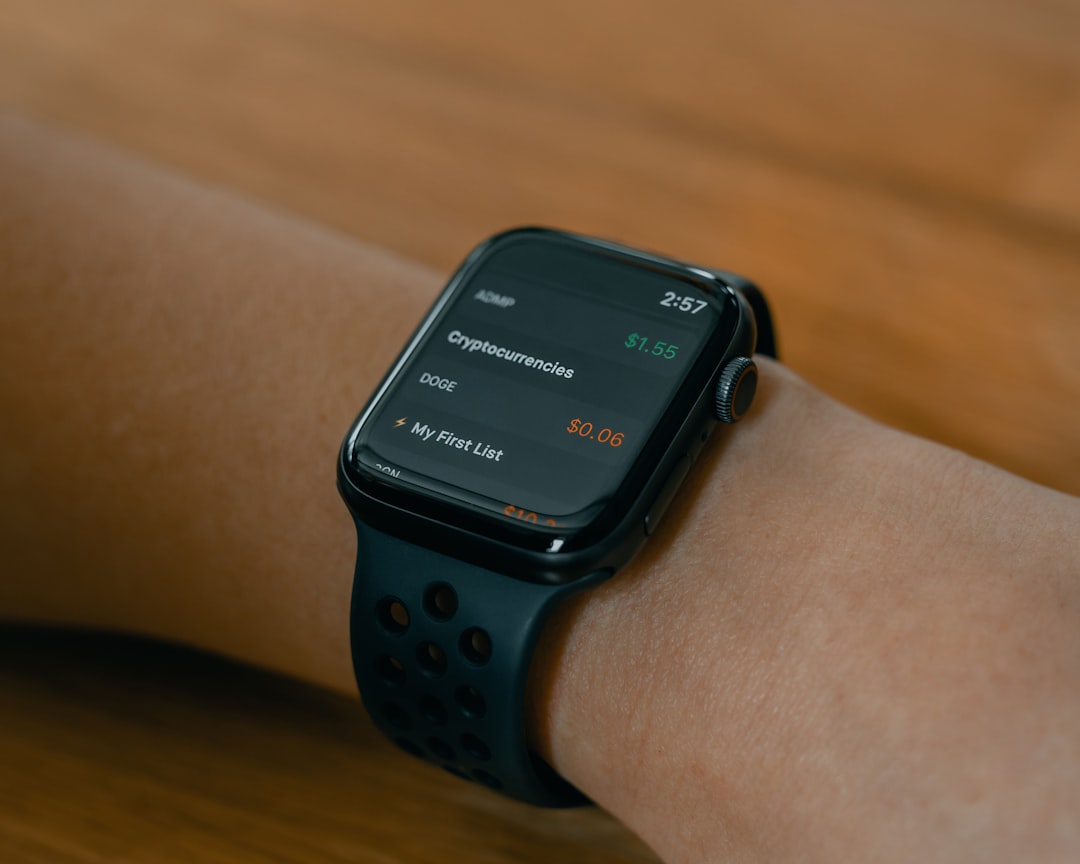PepsiCo Inc. (PEP) is one of the largest and most well-known companies in the world. Though famous for its namesake soft drink, PepsiCo has branched out into many other products over its lifespan, leading to diversified revenue streams. How does the global behemoth operate, and which are its key products and markets across the globe in terms of sales? Let’s take a look.
Key Takeaways
- PepsiCo operates seven different business segments that encompass a wide range of beverages, food, and snack offerings, diversifying its revenue stream.
- The seven business segments of PepsiCo are (1) PepsiCo Beverages North America, (2) Frito-Lay North America, (3) Quaker Foods North America, (4) Europe, (5)Africa, Middle East, and South Asia, (6) Latin America, and (7) Asia Pacific, Australia, New Zealand, and China.
- The largest contributors to PepsiCo’s revenue are PepsiCo Beverages North America, Frito-Lay North America, and Europe.
Global Divisions
With its beverages, snacks, and food products sold around the globe, PepsiCo operates through its seven global divisions. Depending on the product portfolio and regional market, these various divisions work independently. Many also offer licensed products from other brands and operate with third parties as required in different regional markets. They also have a number of endorsements with athletes and other celebrities.
PepsiCo Beverages North America (PBNA)
PBNA is the largest revenue earner of the PepsiCo empire and it constitutes all beverages business across the U.S. and Canada. As per the fiscal year ending 2021, it contributed $25.3 billion to total revenues of $79.5 billion, or 32%.
This division includes world-famous proprietary brands like Pepsi, Gatorade, Mountain Dew, Aquafina, and Tropicana. It also includes partnership brands like tea variants from Unilever (Lipton) and coffee with Starbucks.
Additionally, PBNA also makes and distributes licensed products from Keurig Dr. Pepper, like Dr. Pepper, Crush, and Schweppes, and juices from Dole Food Company, Inc. and Ocean Spray Cranberries, Inc.
Frito-Lay North America (FLNA)
FLNA makes up the second-largest revenue-generating business. It accounted for $19.6 billion in revenues for 2021.
Focused on the North American markets of the U.S. and Canada, this division includes potato chip brands like Lay’s and Ruffles, tortilla chip brands like Doritos, and snacks brands like Cheetos and Fritos.
FLNA also operates a joint venture with Strauss Group for manufacturing, marketing, sales, and distribution of Sabra brand refrigerated dips and spreads.
Quaker Foods North America (QFNA)
With the leading brand in oatmeal breakfast and cereals (Quaker), QFNA also includes products spanning snack bars, rice, and pasta.
Popular brands include Pearl Milling Company, Quaker, and Rice-A-Roni. Though QFNA constituted only about $2.8 billion in revenues for 2021, it complements the PBNA and FLNA divisions in keeping a good market share for PepsiCo in the North American markets.
Europe
The European segment operates a full range of beverages, food, and snack products in Europe. Established brands in this market include Lay’s, Doritos, Cheetos, Ruffles, Walkers, and Quaker cereals, in addition to many of their drinks. This market contributed $13 billion in 2021; the third-largest revenue-generating division for PepsiCo.
Africa, Middle East, and South Asia (AMESA)
Spread across two large continents, this market contains snack brands like Lay’s, Kurkure, Chipsy, Doritos, and Cheetos, as well as beverages brands like Pepsi, Mirinda, 7UP, Mountain Dew, and Aquafina. It also has partnership brands like Lipton iced tea products with Unilever (UL). This market contributed $6.1 billion in 2021.
Latin America (LatAm)
The LatAm division operates an entire product range in the Latin American markets and includes beverages, food, and snack products, including many of Pepsi’s biggest brand names. This division constituted $8.1 billion in revenues in 2021.
Leading brands include Toddy, Sabritas, Marias Gamesa, and Emperador.
Asia Pacific, Australia, New Zealand, and China Region (APAC)
APAC encompasses the manufacturing and distribution of many of Pepsi’s largest brands, including Cheetos, Doritos, 7UP, Aquafina, and Quaker. The company also has a strategic alliance in juices with Tingyi in China.
This segment brought in $4.6 billion for PepsiCo in 2021.
The Bottom Line
The PepsiCo portfolio contains billion-dollar brands spread across beverages, food, and snacks. Diversification offers sufficient room for offsetting declines in one product line with growth in others. This product and regional diversification combined with dynamic business strategies enable PepsiCo to be a regular dividend payer and a leader in the food and beverage markets.
